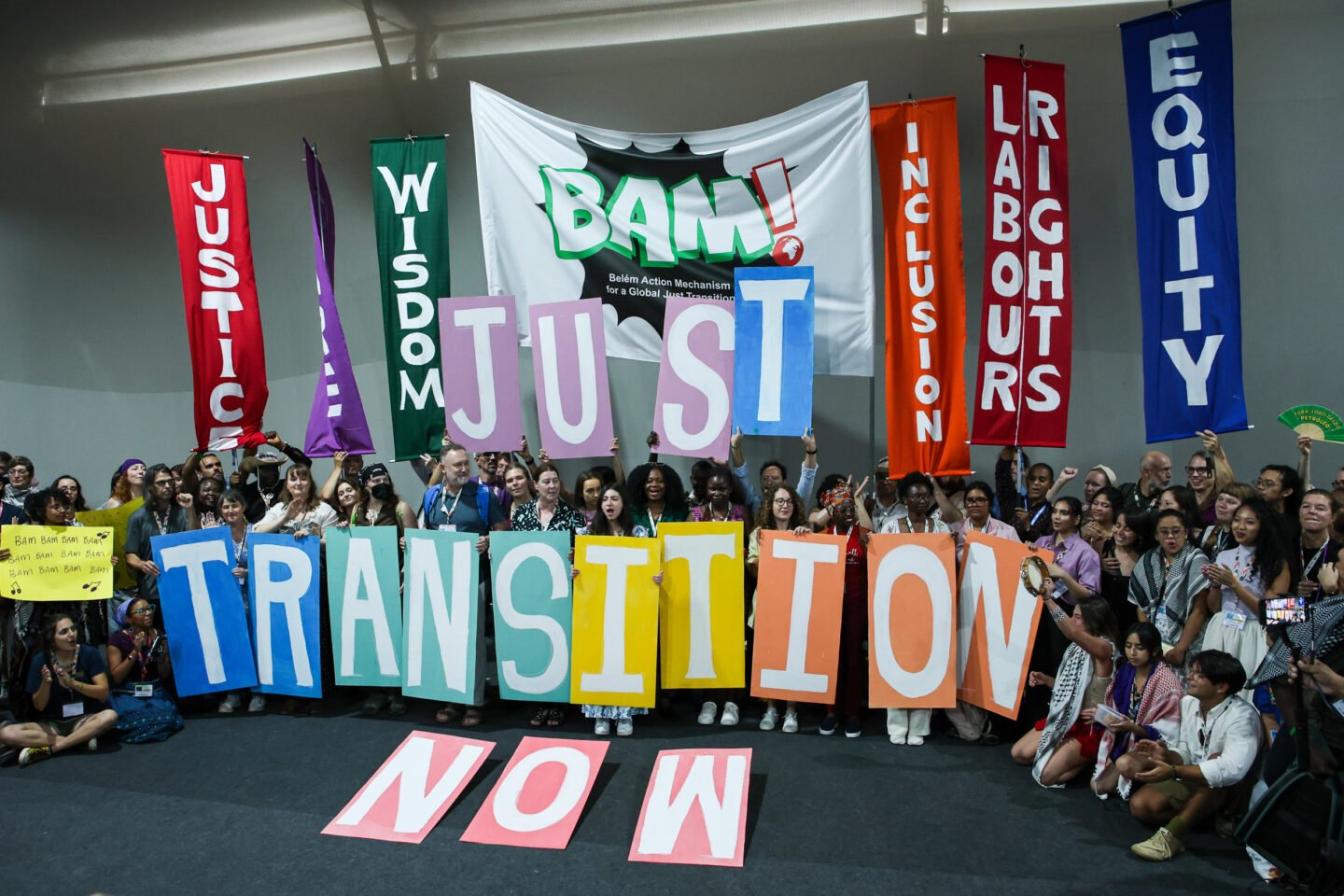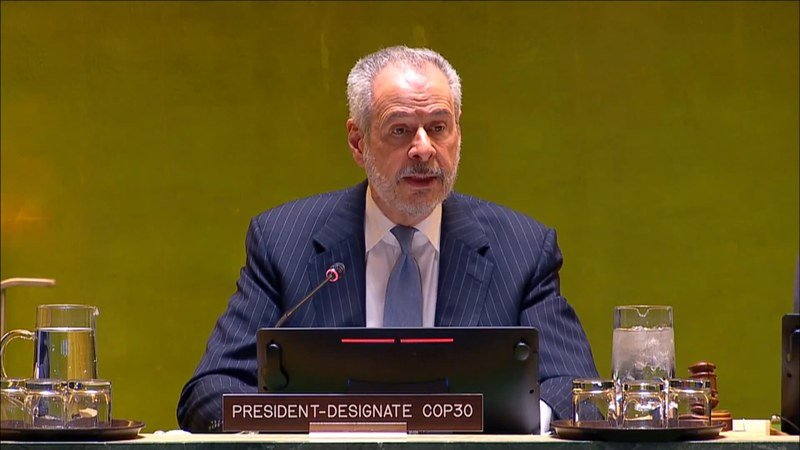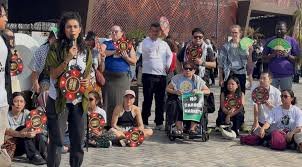
Dhaka, Nov 13, 2025 (EP Desk) On the third day of COP30, the atmosphere shifted markedly: alongside formal negotiations, the summit saw heightened activism and strategic side-events, while the COP Presidency pressed ahead with efforts to bridge contentious issues and set direction for the upcoming days.

Presidency Briefing Highlights
At the briefing, André Corrêa do Lago (COP30 President) and senior organizers gave updates on progress and disputes:
• The Presidency confirmed that four controversial agenda items — including trade-measures, transparency, fossil-fuel transition and carbon-market rules — are under special consultations, but noted that they are not yet formal agenda items. The purpose now is to find “a home” for them within the negotiation tracks.
• They emphasized urgency: according to observers, heavy rain and a protest clash earlier in the day required the venue to reopen at 07:00 GMT-3 after temporary closure.
• President Lago said: “We’re beginning to build some bridges. We’re definitely not there yet — we’re just two days into COP.”
• On fossil-fuel transition roadmap: Lago clarified that despite earlier remarks by the host country leadership, the roadmap “is not an agenda item and is not at the moment anything that was raised during the COP”.
• The Secretariat published a “Declaration on Information Integrity on Climate Change”, endorsed by several countries, aimed at tackling disinformation around climate science.

Notable Side-Events and Developments
1. Indigenous & Civil Society Mobilization: A major side-event titled the “People’s Summit” saw thousands of Indigenous delegates and environmental activists in attendance, emphasizing the voices of frontline communities and the Amazon region.
Simultaneously, a confrontation occurred between protesters and security forces at the venue, raising questions about inclusion and participation.
2. Carbon Markets & Just Transition: In the negotiations, multiple countries threatened to reopen parts of the Paris Agreement-supported Article 6 talks on carbon-markets. The Presidency signaled that these discussions could become “turbulent” early in the week.
Key Observations
• The shift from stage-setting to hard bargaining is clearer: the headline now is when and how rather than if.
• Inclusion and representation remain a fault line, especially for Indigenous communities and developing nations.
• The gap between ambitious rhetoric and concrete outcomes is growing—whether on finance, fossil-fuel phase-out or information integrity.
• The Presidency is walking a tightrope: facilitating negotiation while managing protest dynamics and venue disruption.
What to Watch Next
• Will the special consultations yield decision text or simply postpone major outcomes?
• Will developed countries commit to adaptation, loss & damage finance in a way that satisfies G77+China demands?
• How will civil society and Indigenous pressure influence outcomes on forest protection, information integrity and just transition?
• Will the carbon-market tracks (Article 6) produce meaningful agreement or turn into a procedural stalemate?
Day 3 of COP30 in Belém has brought heightened urgency, negotiation complexity and visible pressure from civil society. The real test is imminent: can the summit convert momentum and unrest into tangible outcomes that reflect both ambition and justice?



